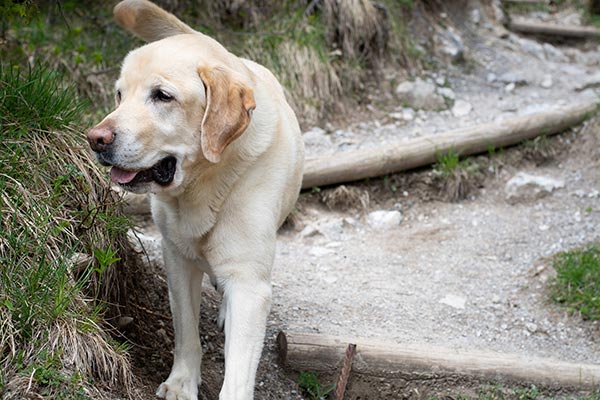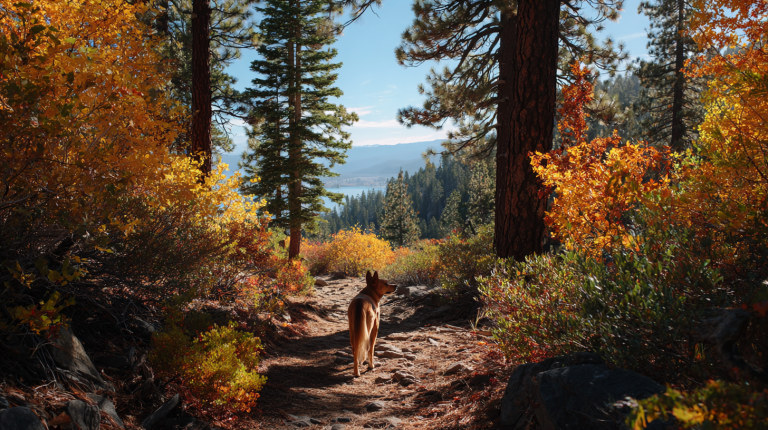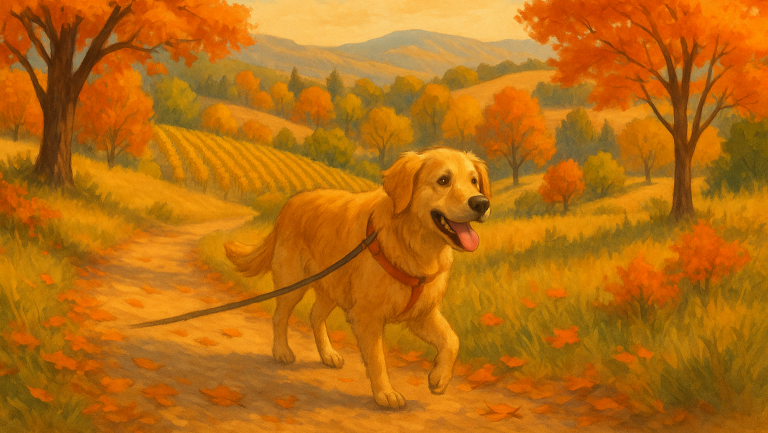By Dr. Chris Pitts, RVT, of Broadway Animal Hospital
Summer hiking is here, and you want to take Fido out to romp in the hills! Here are a few things to keep in mind to continue your fun in the sun.
Foxtails:
Foxtails can ravage your dog's ears and feet in the summer. These evil plants dry out and fall off their stalks to get snorted up your dog's nose, stabbed into your dog's ears and embedded in your dog's toes. Your groomer can help with a "foxtail cut" of the fur around the ears and feet to prevent foxtails' lodging.
As for snorting foxtails up the nose, however, there is not much you can do to prevent your dog than to stick to areas that do not have foxtails or grasses. A dog that is sneezing so hard he looks like he is bonking his face on the ground, or a dog that is holding his head to one side, could very well have a foxtail somewhere it does not belong if he just got back from a nice hike in tall grasses.
Heatstroke:
Now that I have worried you about the plant-life on your hike, let's discuss heat stroke. In the summer, temperatures rise, and so does the likelihood that your dog can succumb to heatstroke.
If your dog is panting so hard that his tongue is lolling out of his mouth, and cannot stop panting after being put into the shade and given water for fifteen minutes, then he may have heatstroke. Extremely red gums can be another sign of heatstroke.
If you sense that your dog has heatstoke, give him water, and wet down his feet to help him cool off. Get him to a veterinarian so he can get checked out for a dangerously high temperature, or any complications that might have arisen from prolonged heat exposure.
Bee Stings:
Then there are those ouchy bee stings. Most dogs get bee stings on their muzzles because they sniff things that bees are trying to investigate. A bee sting reaction usually results in a swollen muzzle.
If the swelling takes over the entire muzzle, or if the eyes start to swell shut, then your dog is having an allergic reaction and needs to see a veterinarian. This is especially important in short face dogs, such as pugs. You may want to ask your veterinarian if it is advisable to have some plain diphenhydramine on hand to hep in these cases.
Rattlesnake Bites:
Last but not least, on the horrors of hiking check list, are rattlesnake bites. These need to be tended to immediately by a veterinarian. Keep your dog as calm as possible, and get to the vet ASAP.
While there is a rattlesnake vaccine, it is not one-hundred percent effective. The vaccine will buy you a little extra time to get to the veterinarian, but even a vaccinated dog is considered an emergency.
I know everything I just told you may be a little intimidating, but don't wrap your dog in bubble wrap. Get out there, and have fun this summer!
Photo Credit: Pezibear










